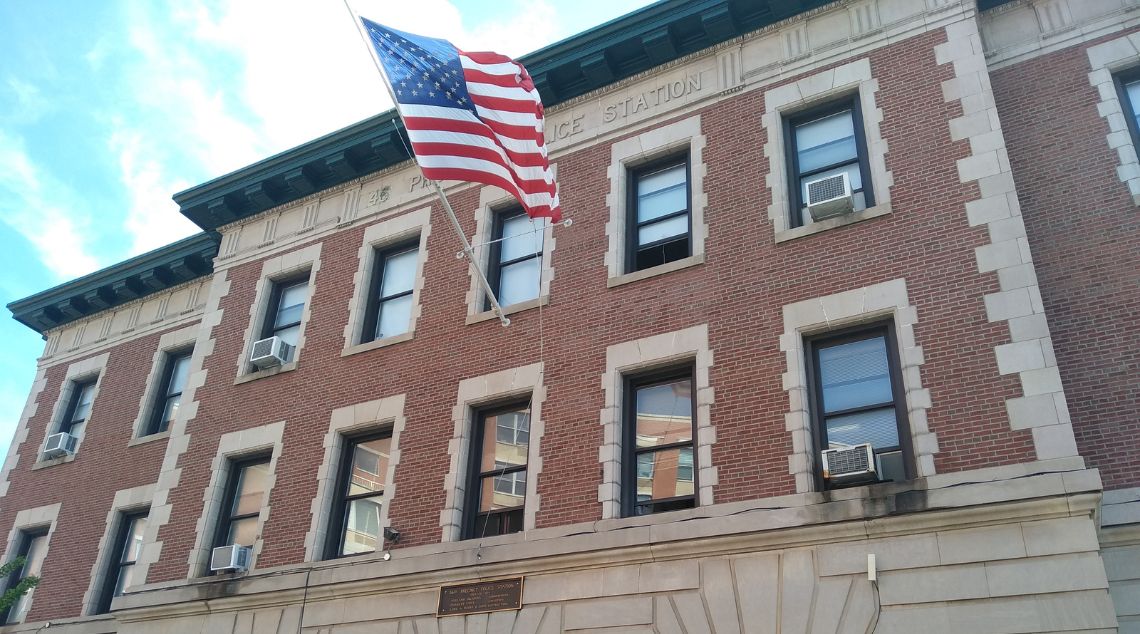Akron, Ohio is yet another American city to bring a proposal for a civilian police review board to voters. In less than two months, voters in Akron will weigh in to decide whether this activist driven proposal will pass.
The George Floyd protests spurred a large movement for civilian review boards across several major cities starting in 2020. This wave of police reform activism was successful in some cities and stalled out in others.
In Akron, calls were renewed to implement a review board after a suspect, Jayland Walker, was shot by police in June. “Walker was shot more than 40 times after leading police on a chase, according to the coroner’s report. The case is being investigated by the Attorney General’s Bureau of Criminal Investigation”, reported SpectrumNews1 following the incident.
Initially, activist groups like the Racial Equity and Social Justice Task Force, called for a civilian review board autonomous of the city’s mayor.
“Without that independence, the board would not enjoy the level of trust and support on the part of the community that is essential to its success,” said a statement from the organization.
However, there are now two competing visions for the board being circulated. The first, as noted at the beginning of this article, will be voted on in November. If passed, it will codify the board into the city’s charter.
The charter amendment would include language such as: “‘…Oversight shall include … the investigation of alleged misconduct by members of the Division of Police’ and says the board and the Office of the Police Auditor could ‘on its own initiative conduct investigations of the operations and policies of the Division of Police’”, according to WKSU Public Radio.

However, Mayor Dan Horrigan has concerns with the framework of the proposed charter amendment fearing that it would violate the terms of the city’s collective bargaining agreement with the police department.
One strategic advisor to the mayor, Emily Collins, also points out problematic language surrounding subpoena power in the charter amendment proposal.
“A board that investigates of its own accord and has subpoena power – both of those things lend themselves to investigations that we believe would be outside of the collective bargaining agreement process,” Collins said. “That is a problem.”
His office’s competing proposal would give the mayor more of the appointments to the board than the city council, where the charter amendment does the opposite.
It also would call for appointed members to have “backgrounds in criminal justice, racial equity and law enforcement. Members are recommended to participate in the police department’s citizens academy and complete 40 hours of ‘ride-alongs’ with officers.”
But what happens if both pass? Clarity is needed but chances are changes would be made to bridge the two. There is also the possibility that the charter amendment could be challenged in court by the city’s police union, stalling the process.
Ultimately, it appears that there will be a review board in some capacity installed in the city. It is only a matter of ironing out the details and determining which vision will win out. But for Police Chief Steve Mylett, the board could be a positive for his department and community.
“If this gives the community even more confidence that there is nothing that we are hiding and we are putting everything out, then I think it could be a good thing.”
We will have to wait until after the midterm election in November to see how this plays out in Akron, but we look forward to following up on this story when the results are in!










